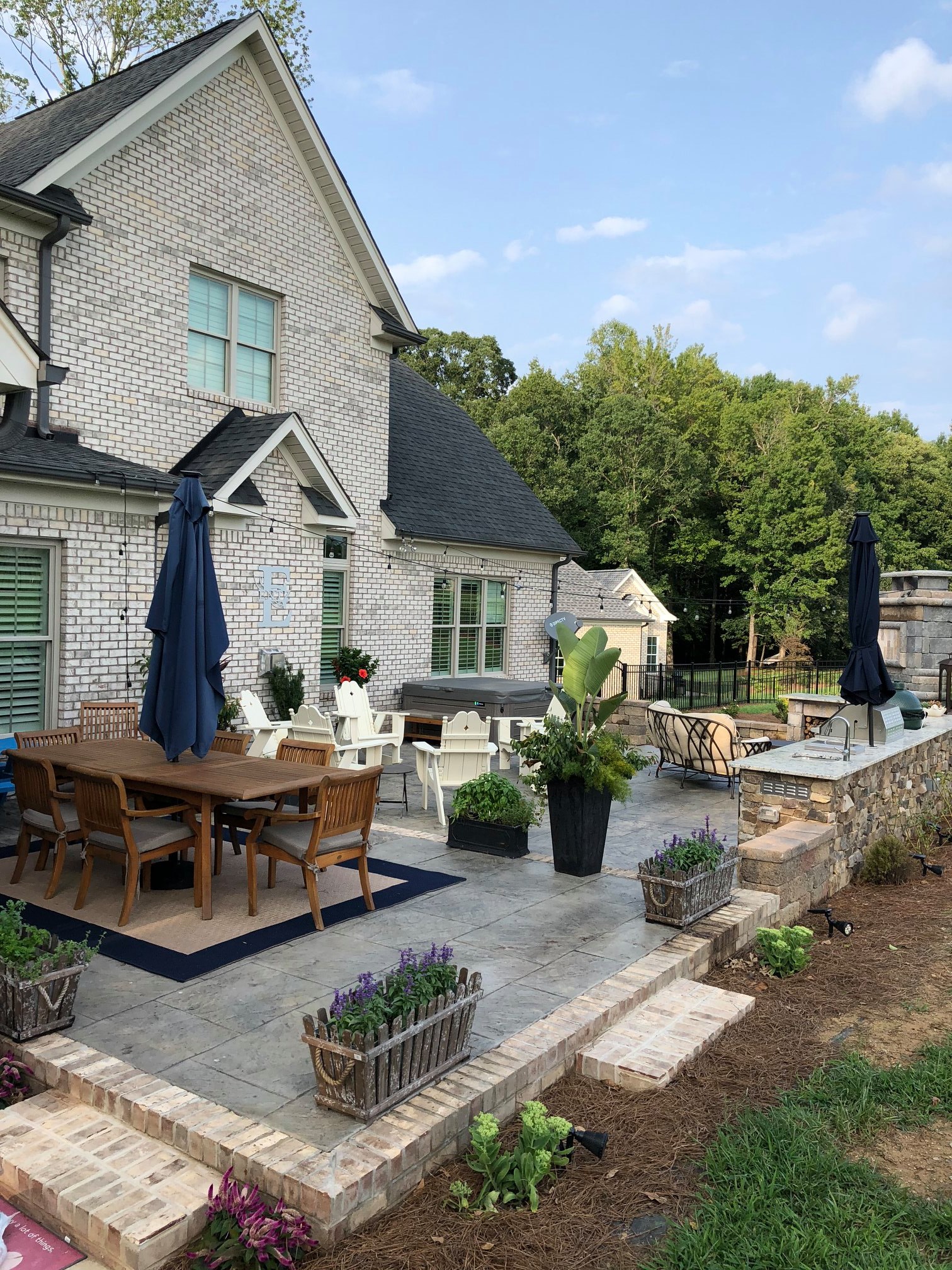
Choosing the Right Materials: A Guide to Sustainable Construction Practices Aug 01, 2025
Sustainable construction starts with understanding the lifecycle of materials. It's essential to select materials that are durable, recyclable, and sourced responsibly. For instance, opting for reclaimed wood not only reduces deforestation but also adds unique character to your project. Steel, another sustainable option, can be recycled indefinitely without losing strength, making it an excellent choice for structural components.
Energy efficiency is another critical factor. Materials such as insulated concrete forms (ICFs) and structural insulated panels (SIPs) significantly improve a building's energy performance. ICFs provide superior thermal mass, which keeps interiors warmer in winter and cooler in summer, reducing dependence on heating and cooling systems. Similarly, SIPs offer excellent insulation, minimizing energy consumption throughout the building's life.
The use of local materials can greatly enhance sustainability. Transporting materials over long distances increases fossil fuel consumption and emissions. Sourcing locally not only reduces this impact but also supports local economies. In addition, local materials are typically better suited to the local climate, enhancing the building's adaptability and longevity.
Another factor to consider is the environmental impact of manufacturing processes. Sustainability goes beyond the material itself—understanding how it's produced is crucial. Look for products with certifications, such as those from the Forest Stewardship Council (FSC) or Cradle to Cradle, which indicate eco-friendly production practices. These certifications ensure materials have been manufactured with minimal impact on the environment.
When selecting finishes, prioritize low Volatile Organic Compounds (VOC) products. High-VOC paints, stains, and adhesives release harmful chemicals into the air, affecting indoor air quality and contributing to air pollution. Alternatives made from natural materials or water-based solutions are much safer and environmentally friendly.
Wise Builders encourages clients to think long-term. The upfront costs of sustainable materials might be higher, but they pay off in durability and low maintenance. For example, bamboo flooring is not only beautiful but also incredibly resilient and regenerates quickly, making it a great investment. Advanced roofing materials, like cool roofs, reflect more sunlight and absorb less heat, reducing cooling needs and lowering energy bills significantly.
In conclusion, the move towards sustainable construction practices is not only a trend but a necessary evolution in the industry. By choosing the right materials, you can ensure your project is efficient, environmentally friendly, and cost-effective in the long run. Wise Builders understands the importance of these choices and partners with clients to create structures that are not just buildings but eco-responsible living spaces.
Investing in sustainable construction today means creating a better environment for tomorrow. With the right approach and guidance, your construction and remodeling projects can be both beautiful and ecologically responsible. By prioritizing sustainability, Wise Builders not only enhances the value of your home but contributes positively to the planet's health.
/filters:no_upscale()/media/1a5f5d4d-4d70-4580-8b8e-1eecca18756d.jpeg)